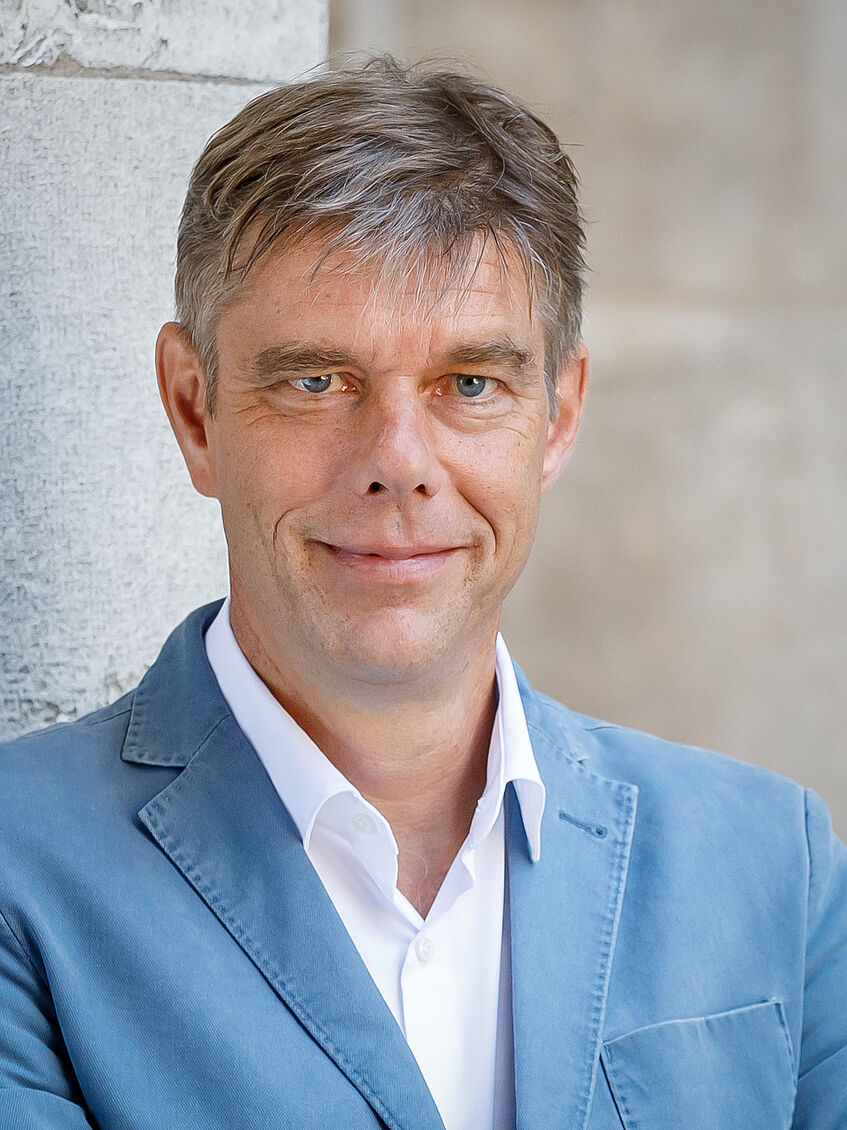Philipp Ther: In this difficult but also especially important moment, the University took over the lead of the network of Central European universities CENTRAL, in which the Charles University, Prague, the Humboldt University, Berlin, the University of Warsaw and the ELTE, Budapest joined forces. Hopefully, one day also the Comenius University in Bratislava will join because Slovakia, of course, belongs to the region which can be structurally and culturally defined as Central Europe as well. Since 2015, the political relations between these states and within the Visegrád group have been shaped more and more by conflicts. This is why it is even more important to collaborate in academia.
Based on my considerable experience in cooperation in bilateral and multilateral research projects, conferences and publications, we and our colleagues have long passed the phase of national attributions and classifications. We are rather exchanging theories and ideas of content and methods, often in English or German, but also in the languages of the partner universities because ‘English only’ if often insufficient for in-depth debates. Here, Austria needs to catch up with regard to the knowledge of cultures, and especially languages of East-Central Europe, which is important for collaboration on an equal footing. Now, these partnerships need to be further expanded through concrete projects. In my new research institute, the Research Center for the History of Transformations (RECET), we are already running several larger bilateral projects. Of course, projects like this are also possible in very different disciplines, apart from history and social sciences. Maybe one day we may set up such projects also at the European level.
Here, we can draw a parallel to the world of sports: In the mid-1920s, the successor states of the Habsburg monarchy launched the Mitropa Cup in reaction to its dissolution. This soccer tournament attracted record-breaking numbers of spectators and was the model for the UEFA. The tournament was even revived during the Cold War until 1992, although it did not gain its initial significance again and was finally superseded by the UEFA. But the lesson learned is that collaboration across borders and the tournament sustained all national leagues. The same holds true for universities that can continue to establish their previous relevance with joined forces more easily.
This text is an excerpt from the interview with Prof. Ther, which you can read here. (in German)

